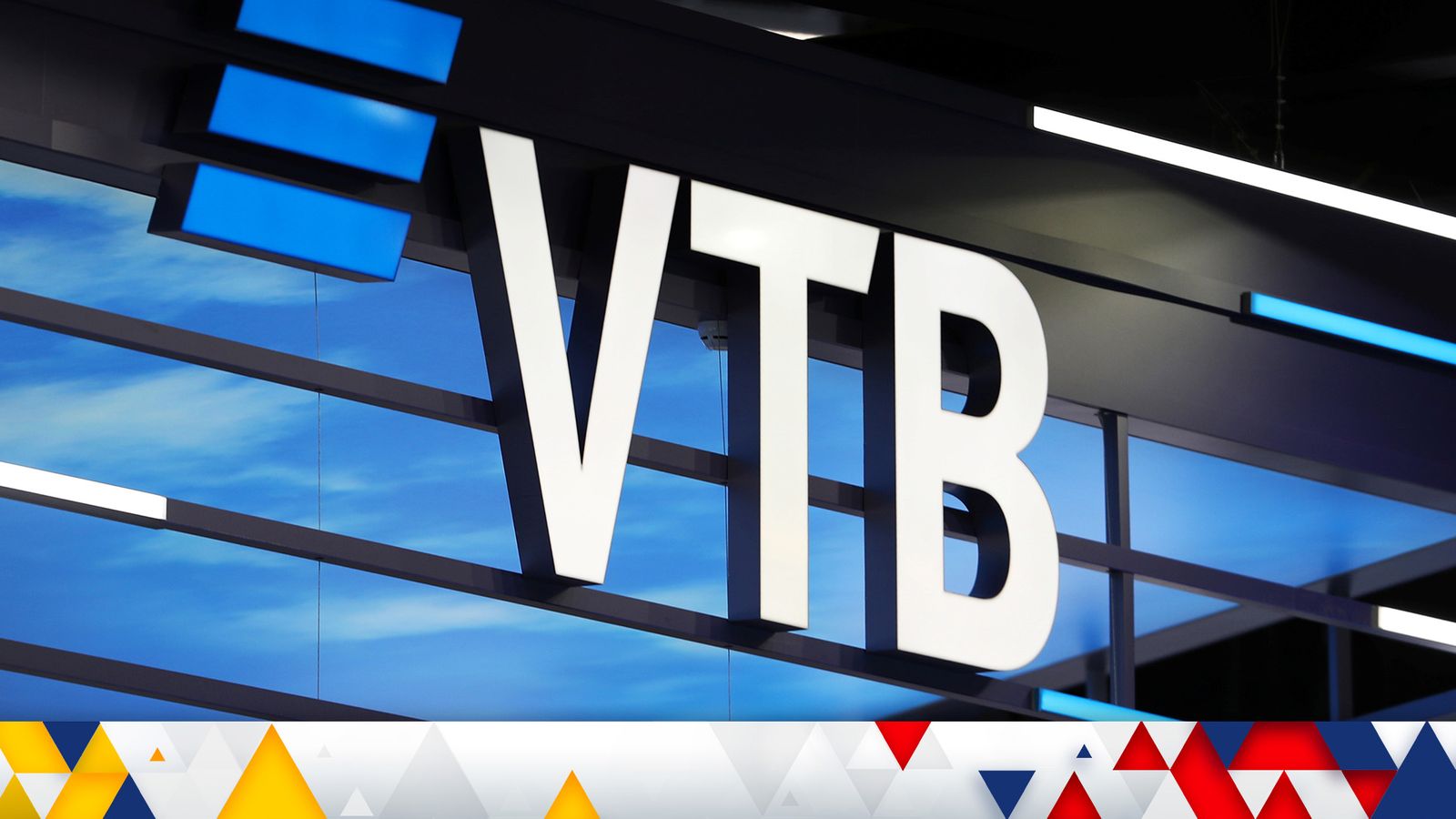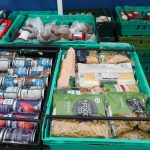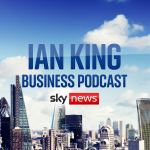After the damp squib that was the modest package of sanctions unveiled by Boris Johnson on Tuesday, this evening’s latest salvo certainly had a bit more weight.
The intention to impose an asset freeze on Russian banks, including the country’s second largest lender VTB, is meaningful.
VTB, along with its largest rival Sberbank, is a key institution that both lends to and receives deposits from many millions of ordinary Russian citizens.
Moreover, by excluding Russian banks from the UK’s financial system and preventing these organisations from accessing sterling, Britain will restrict access to an alternative hard currency that they might have reached for now that it has become clear that the United States wishes to deprive Russian lenders of access to US dollars.
As Mr Johnson noted, given around half of Russia’s trade is currently in US dollars and sterling, it will have an impact.
The PM also made reference to excluding Russian banks from SWIFT, the international communications and messaging system used by more than 11,500 banks in 200 countries around the world, which would be another tough option.
Mr Johnson claimed that this move was not off the table but clearly not everyone is in agreement.
Russia invades Ukraine: Oil smashes past $105 and stocks sink as Putin pulls trigger on Ukraine
Russia invades Ukraine – world economy live: FTSE plunges 3.9% as global stock markets take major hit
SWIFT sanctions could hurt Russia – but pain would also be felt by the West
The prime minister’s specific reference to the “unity of the G7” pointed to this and, with Germany understood to be opposed to the measure, it is by no means likely to happen.
This is because Russian banks are deeply embedded in the global financial system and that there would undoubtedly be knock-on effects.
It would, for example, make it impossible for the Russian gas supplier Gazprom to receive payments from western customers, most notably Germany, for its gas.
That might become academic if, in coming days, the western allies place an embargo on Russian energy exports – but it is doubtless a factor influencing German thinking.
It is also by no means clear that kicking Russian banks out of SWIFT would have the same impact on the Russian economy that it did when, in 2012, Iran’s banks were excluded from the system.
Once, it would have.
When Russia annexed Crimea in 2014, the country’s finance minister at the time, Alexei Kudrin, said kicking Russian lenders out of SWIFT would cut 5% from its GDP by hurting its ability to trade.
Since then, however, Russia has developed its own system for financial transfers, called System of Transfer of Financial Messages (SPFS), to enable it to continue facilitating payments – although it is thought that these would largely be domestic and with non-western trade partners.
Probably of greater significance in the short term will be the government’s move to prohibit Russian companies from raising capital in the UK markets.
Russian corporates have been highly active in raising capital via stock market flotations in recent years, such as the $1.7bn IPO in London March last year of Fix Price, a retailer.
Bankers in London are thought to have been working on a big pipeline of deals involving Russian companies.
The latter will now have to look elsewhere for their money.
The UK has also taken steps to prevent the Russian state from raising capital in London via sovereign debt.
However, this is probably less severe than it sounds, because – as with its move to set up an alternative to SWIFT – Russia’s government has for some time been preparing for this moment.
The strength of oil prices during the last six months enabled Moscow to run a $120.3bn balance of payments surplus last year and it has also been busily building up its reserves of gold and foreign exchange.
These now stand at a record $643bn and, significantly, a lower proportion of that is in US dollars than was once the case.
Moreover, Russia’s debt to GDP ratio is incredibly low at less than 20%, compared with 95% for the UK, 98% for France and 133% for the United States.
Moscow has much less need than those economies to raise money on the sovereign debt markets.
Strikingly though, while more Russian lenders are being targeted, many will be surprised that neither Gazprom nor Rosneft, Russia’s two big energy companies, have been singled out for more punitive treatment.
That may well be because BP owns 20% of Rosneft and the government will be wary of hurting a business in which one of the UK’s biggest companies – a major shareholding in the long-term retirement plans of millions of Britons – has a strategic stake.
But it is nonetheless surprising.
Some of the other measures announced were largely symbolic.
Banning the airline Aeroflot – a major sponsor of Manchester United – from the UK will make little difference to the carrier’s finances although it does echo, rather neatly, the ban that the former US President Ronald Reagan imposed on Aeroflot from his country in 1982 in response to the former Soviet Union’s crackdown on the Polish trade union movement.
The ban lasted until 1990 and did much damage to Aeroflot which, at the time, had been one of the world’s biggest carriers.
More meaningful is the much bigger and more extensive list of individuals now facing sanctions and asset freezes.
Among those now being targeted include Denis Bortnikov, the deputy president of VTB; Kirill Shamalov, Vladimir Putin’s former son-in-law and once Russia’s youngest billionaire; Elena Georgieva, chair of the board of Novikombank and Petr Fradkov, the son of a former Russian prime minister and the chairman and chief executive of Promsvyazbank.
These are all individuals with jet-setting, globe-trotting, lifestyles who will now no longer be able to shop in Fortnum and Mason or Harrods and who will not be able in future to send their children to the UK’s elite public schools.
It is also clear that, with the US unveiling its own new sanctions list today, the western allies are co-ordinating their actions more effectively than has been the case in the past.
There will be concern though, as flagged by some MPs, that the families of some individuals do not overtly appear to have been targeted – while there will also be puzzlement that some prominent oligarchs with significant UK assets, most notably the Chelsea FC owner Roman Abramovich, have not yet been added to the sanctions list.
Even though this is a far weightier package of sanctions than the one unveiled earlier this week, it may not have the desired impact.
For not only has Russia been preparing for this moment for many years, it also has potential allies ready to help it out, most notably China.
Beijing has lent support to Russia in the past, most significantly during the annexation of Crimea in 2014, while it stands ready again to help via resources imports and loans from its banks to Russian corporates.
Russia will be only too happy to step up its oil and gas exports to China, a major energy importer, while it will also happily receive payment in renminbi.
Both China and Russia have made clear they would like to see crude priced in currencies other than the US dollar and were the renminbi to become a recognised currency in which crude is denominated it would severely undermine the greenback’s hegemony as the world’s only reserve currency.
It may well be that yet more sanctions and penalties against Russian oligarchs and corporations will be required in coming days and weeks.






















